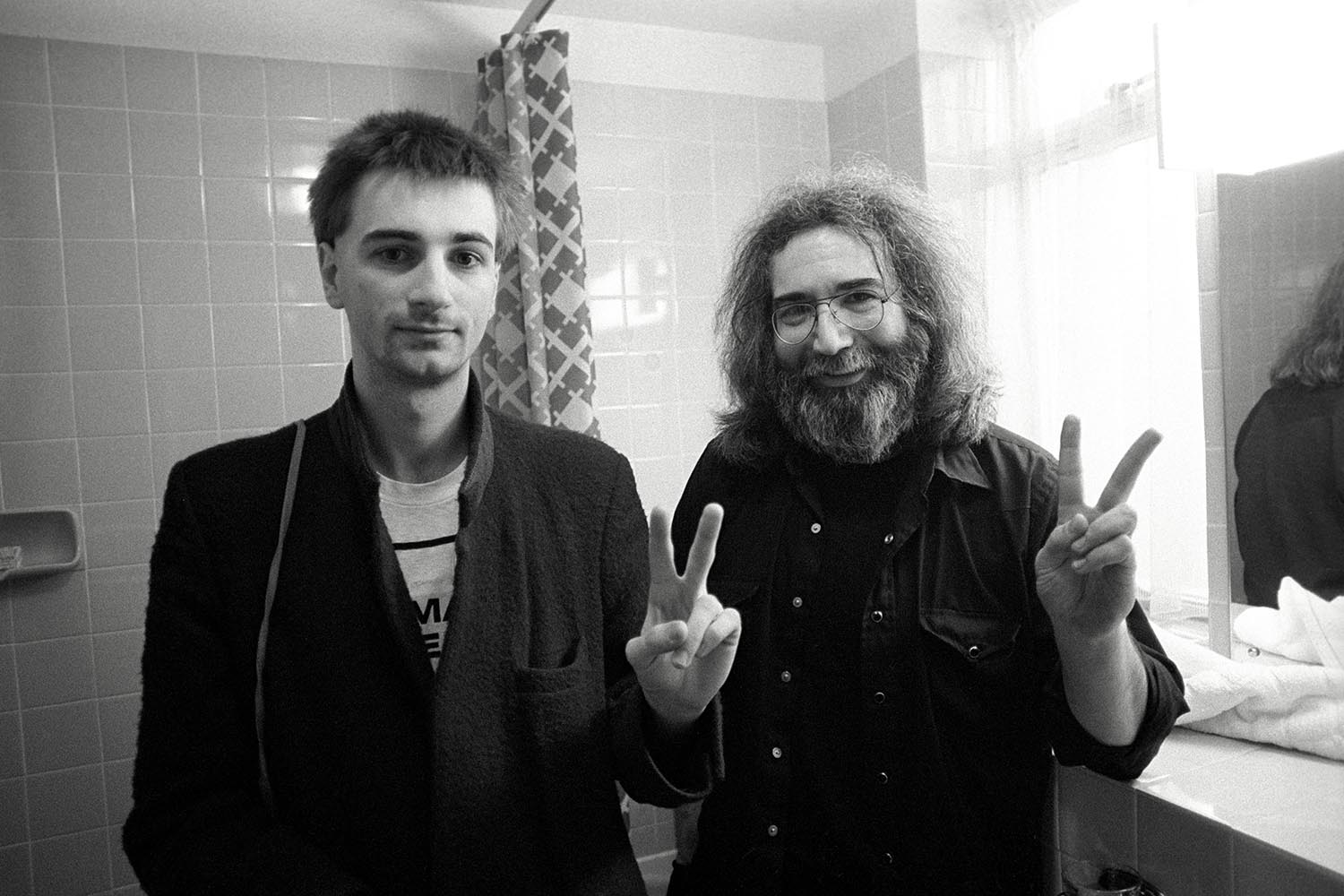Metacriticism – a word so high-flown only dogs and English undergraduates can hear it. Yet No Criticism, a short, two-part Artworks series in which critics critique criticism, begins in a tone that is distinctly, let’s say, earthy. “In the moment, I thought: ‘It’s only dog poo,’” recalls the German dance critic Wiebke Hüster, bizarrely stoical as she describes the time the choreographer Marco Goecke smeared a bag full of dachshund excrement in her face during a ballet interval, in response to a bad review. “In interviews later, [Goecke] said: ‘She has thrown shit at me so many times.’” Ah, revenge – a dish best served steaming.
It’s not an edifying depiction of the arts but – as the host Arifa Akbar, the Guardian’s chief theatre critic, suggests – it’s a fitting metaphor for the mess criticism finds itself in today, facing down the hostility of “identity politics, the culture wars, social media pile-ons” and the threat from AI. All the best cultural commentators – certainly those writing in these pages – attempt to avoid mudslinging: whatever some may think, it is not about antagonism or the desire to destroy reputations, but open-mindedness, analysis, appreciation; maybe, even, a sense of wonder. Michael Billington, who at 85 is Britain’s longest-serving theatre critic, describes critics as “Peter Pan figures living in a world of fantasy.” Are they waking up to a harsh reality?
Criticism is an issue of trust: who do you believe? Her or him? Machine or magazine?
Criticism is an issue of trust: who do you believe? Her or him? Machine or magazine?
Once tastemakers and aesthetes, bygone critics mythologised on behalf of the artist, says former NME writer Paul Morley, musing on a pre-PR age when bands such as Joy Division barely had to do interviews – let alone reel after reel on TikTok – to build a fanbase. Criticism sometimes played a constructive role in making the art itself; Morley mentions the time the Cure responded to his bad-tempered hatchet job of their first album by rewriting the lyrics of a song and renaming it Desperate Journalist – the most disarming way to bury said hatchet.
Now, though, the theory goes, everyone hates these cultural gatekeepers. “As column inches shrank, the digital world opened up new democratised spaces,” Akbar says, so that anyone can be a critic – even those with artificial intelligence, like the paid influencer or ChatGPT, whose opinions, if they can be called that, are tailor-made to please.
“When people are able to communicate something with humour, with sharpness, in a way that gets 10,000 likes under a video, they should be the people running the Guardian,” says Gabrielle de la Puente of the maverick, internet-y art criticism site the White Pube. Akbar, watching her back, becomes uneasy, and is similarly unsettled by the case of the Indigenous playwright Yolanda Bonnell, who requested that only “culturally sensitive” critics of colour should be sent to review her play. Who gatekeeps the gatekeepers, I wonder?
Akbar, like many a critic, is constrained by her word count here; all that ground to cover, in so few minutes, with hardly a mention in the first episode of food or literary criticism; or the thriving social networks of foodie Insta or Goodreads. If, in the end, it can be boiled down to anything, it’s that criticism is an issue of trust: who do you believe? Her or him? Machine or magazine? These are valuable questions since the answers may just dictate how you spend your time and money – valuable things indeed. It’s worth a listen, though you’ll have to take that from me.
Photograph by Redferns
Newsletters
Choose the newsletters you want to receive
View more
For information about how The Observer protects your data, read our Privacy Policy

